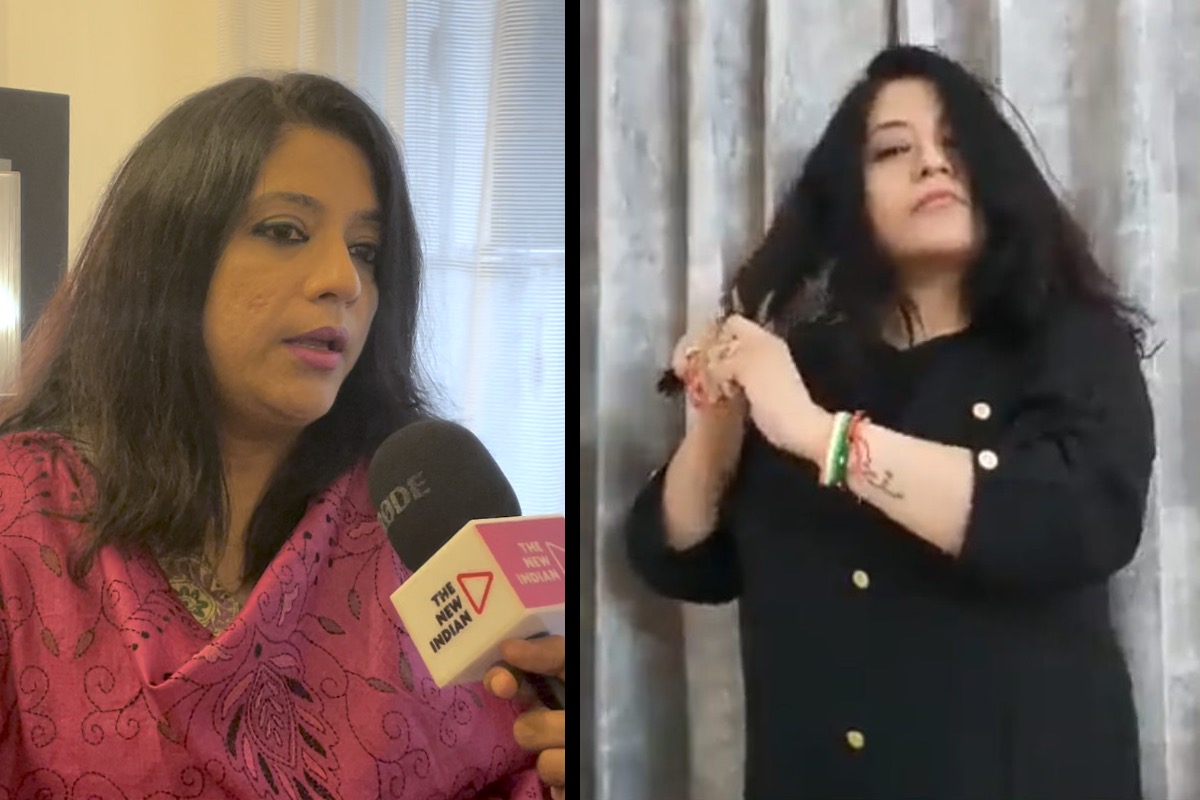The rage over the death of a 22-year-old Iranian woman over Hijab has reached Uttar Pradesh’s Noida as a woman cut her hair and posted the video on social media to express solidarity with anti-Hijab protesters in Iran.
The name of the woman, who lives in Noida Sector 15A, is Dr. Anupama Bhardwaj, an anthropologist by profession.
While talking to The New Indian, Bhardwaj said that the death of Mahsa Amini created a lot of rage and anger in her mind. That’s why she decided to cut her hair. “After watching this news about Iran, I was very angry. I felt helpless. That’s when I decided to do something,” said Bhardwaj.
“Women from many countries, belonging to different religions, have shown their anger towards the incident by cutting their hair. That’s why I cut my hair too,” she added.
On being asked about the state of Muslim women in India, she said, “I am thankful to my Muslim brother and sister that this kind of barbarism has not happened in our country. I think this is not an issue in our country. Though good education and representation of women in every sector must increase in our country,” stated Bhardwaj.
“I also want to clarify the message behind my act is not to target any particular religion, caste, society or region. This is for humanity and women empowerment,” she explained.
Bhardwaj continued: “There are many Muslim countries in this world. But this incident happened only in Iran. This may happen in other countries as well. That’s why we need to spread awareness. Let women decide what they want to wear. If they want to wear a hijab, it’s their choice.”
She also talked about the immense support accorded to her for her act. “As soon as I put up the video on Facebook, I started getting a lot of calls. I am thankful to them,” she said. Bhardwaj also mentioned that her husband has also never objected to the act.
“Since the act was a symbol of protest, I left my hair as it is,” Bhardwaj concluded.










